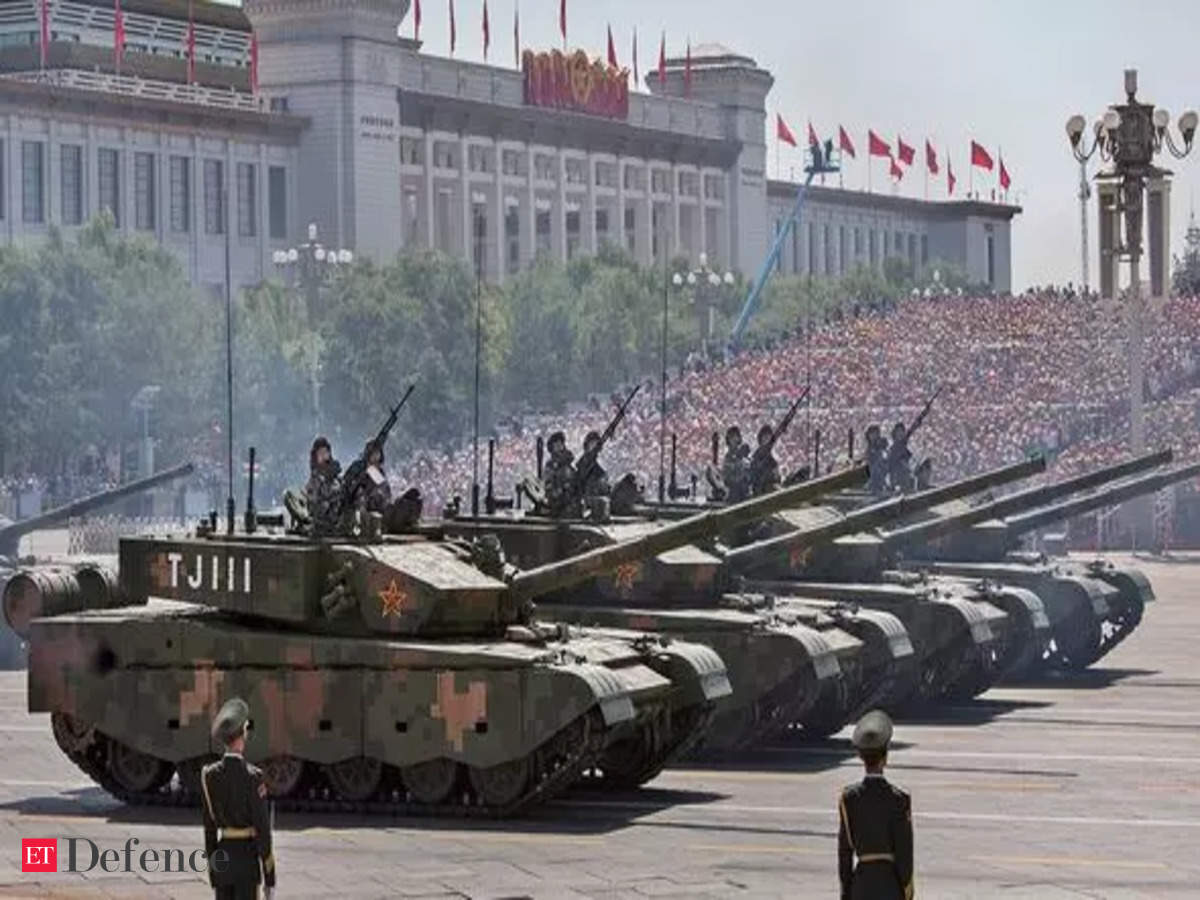Xi Jinping has claimed that China’s “reunification” with Taiwan was “inevitable”.
The Communist Party of China asserts ownership of Taiwan even though it has never governed the territory. While Chinese officials express a desire for peaceful “reunification”, they have not ruled out the possibility of resorting to force to assert control over the self-governing island.
In September China sent a record number of warplanes around Taiwan in a 24-hour period that the island condemned as “military harassment”. China considers Taiwan, a self-governing island that holds close ties to the West, to be a part of its territory and frequently sends its planes and ships around the Taiwan Strait.
The Chinese premier’s comments came ahead of the crucial presidential election in Taiwan in January.
“The realisation of the complete reunification with the motherland is an inevitable course of development, is righteous and what the people want,” Mr Xi said in an address commemorating the 130th anniversary of the birth of Mao Zedong, the founder of the People’s Republic of China.
“The motherland must and will be reunified,” he added.
“[We must] promote peaceful development of cross-strait ties, and resolutely prevent anyone from separating Taiwan from China in any way,” Mr Xi said in his speech, referring to the thorny ties with the US.
The US maintains an unofficial relationship with Taiwan, adhering to a “One China” policy but providing support for the island’s defence. The historical context of the contested relationship between China and Taiwan dates back to 1949 when General Chiang Kai-shek fled to Taiwan after Mao’s Red Army prevailed in the Chinese Civil War.
Mr Xi’s speech also called on Chinese citizens to remember Mao and the Communist Party’s founding mission.
The current tensions follow years of increased pressure from Beijing, especially under president Tsai Ing-wen, who has strengthened ties with the United States.
Meanwhile, the leading candidate for Tsai’s successor, vice president Lai Ching-te, is ahead in polls but is disliked by Chinese officials. Lai is ahead of two other candidates – Hou Yu-ih from the Kuomintang party and Ko Wen-je from the Taiwan People’s Party – who are seen as favouring closer relations with Beijing.
Mr Xi also called for Chinese citizens to “remain confident in our history and grasp the historical initiative, so as to steadily advance the great cause of Chinese modernisation”.
On Thursday, China’s defence ministry accused Taiwan’s government of deliberately “hyping up” a military threat from China for electoral gain.
As the election draws near, Taiwan has observed the presence of Chinese fighter jets and warships in the vicinity of the island. Balloons have been sighted crossing the sensitive Taiwan Strait, although the military suggests that these activities are likely related to weather monitoring purposes.
Speaking at a news conference in Beijing, Chinese Defence Ministry spokesperson Wu Qian said Taiwan’s government was to blame for the tensions.
“The Democratic Progressive Party (DPP) authorities are deliberately hyping up the so-called ‘military threat from the mainland’ and exaggerating tensions.
“This is entirely to seek electoral gain,” he said, accusing Taiwan of using a “familiar electoral playbook to stoke confrontation and manipulate the election”.
He added: “Taiwan is a part of China. The ‘median line’ absolutely does not exist.”
“We firmly oppose any country having official and military contact with Taiwan in any form,” Mr Wu added. “The United States is manipulating the Taiwan question in various forms, which is a very dangerous gamble.”
Additional reporting with agencies



